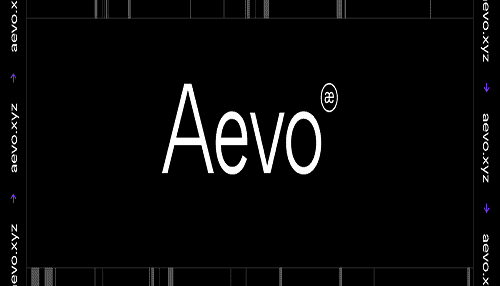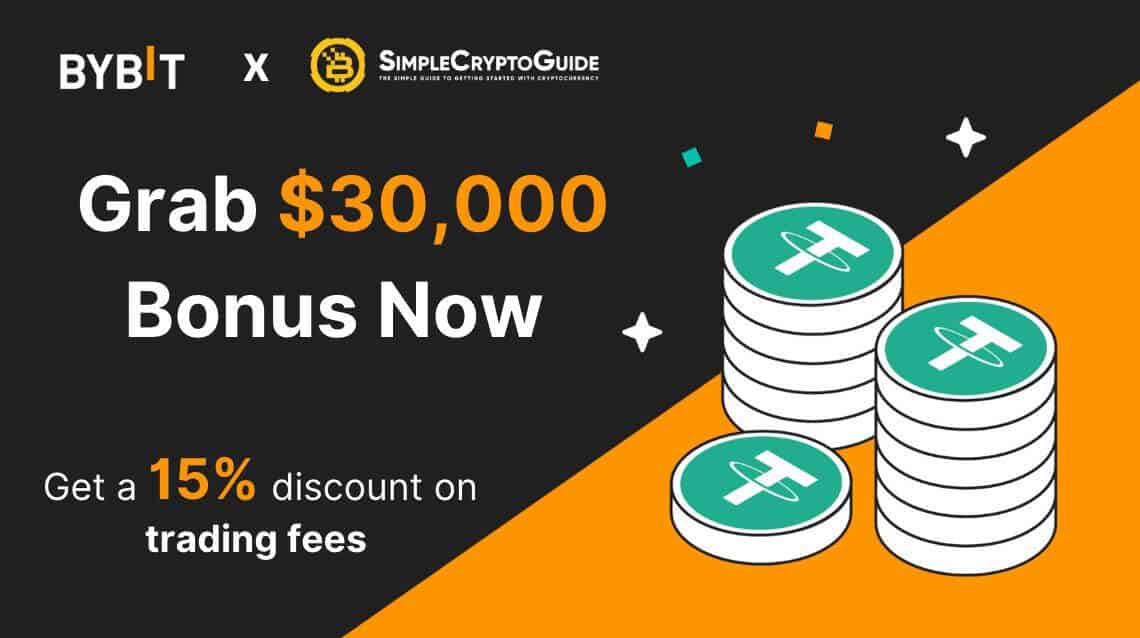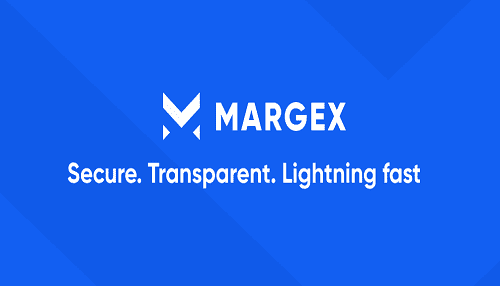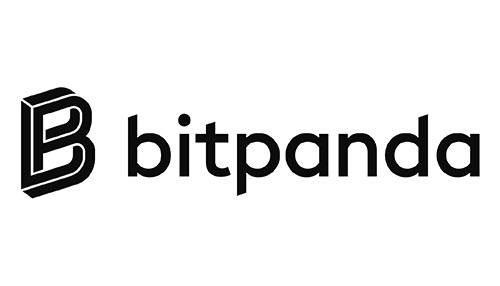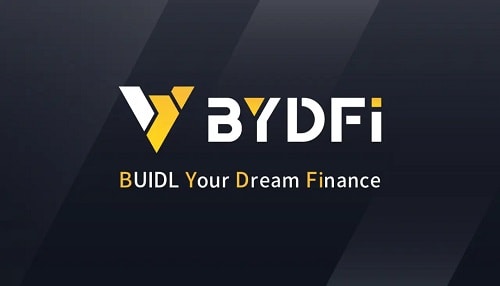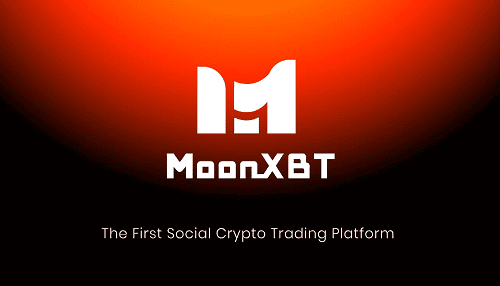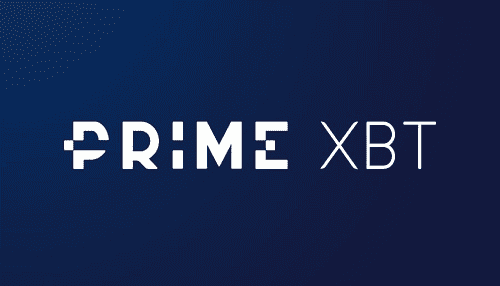A Bitcoin ETF (Exchange-Traded Fund) is a type of investment vehicle that allows investors to buy shares in a fund that tracks the price of Bitcoin. This allows investors to gain exposure to the price movement of Bitcoin without actually owning the cryptocurrency.
Like other ETFs, a Bitcoin ETF is traded on a stock exchange and can be bought and sold like any other publicly traded stock. The price of a Bitcoin ETF is typically based on the current market price of Bitcoin, minus any expenses associated with the fund.
One of the main advantages of a Bitcoin ETF is that it offers investors a more convenient and secure way to invest in Bitcoin. When you buy Bitcoin directly, you need to store it in a digital wallet and take on the risk of hacking or loss. A Bitcoin ETF, on the other hand, is held by a third party and is subject to regulatory oversight, which can provide a degree of security and peace of mind for investors.
In addition, a Bitcoin ETF can be more convenient for investors who don’t want to deal with the technical aspects of buying and storing Bitcoin. With a Bitcoin ETF, you can simply buy and sell shares through your brokerage account, just like any other stock.
There are several different types of Bitcoin ETFs available, each with its own unique features and investment strategies. Some Bitcoin ETFs track the price of Bitcoin directly, while others may use futures contracts or other derivatives to gain exposure to the cryptocurrency.
One of the main challenges facing the development of Bitcoin ETFs has been regulatory approval. The U.S. Securities and Exchange Commission (SEC) has historically been hesitant to approve Bitcoin ETFs, citing concerns about market manipulation, investor protection, and liquidity.
Despite these challenges, a number of Bitcoin ETFs have been approved and are now trading on various stock exchanges around the world. In the United States, the first Bitcoin ETF was approved by the SEC in late 2020 and began trading on the Chicago Board Options Exchange (CBOE) in early 2021.
There are a few key factors to consider when evaluating a Bitcoin ETF as an investment. One important factor is the expense ratio, which is the annual fee charged by the fund to cover its operating costs. A higher expense ratio can eat into your returns, so it’s important to look for a Bitcoin ETF with a low expense ratio.
Another important factor to consider is the fund’s track record and performance. While it’s important to note that past performance does not guarantee future results, it can be helpful to look at how a Bitcoin ETF has performed over time to get a sense of its risk and return profile.
It’s also important to consider the fund’s investment strategy and the risks associated with it. Some Bitcoin ETFs may use more complex investment strategies that involve derivatives or other financial instruments, which can introduce additional risks and may not be suitable for all investors.
How Do Bitcoin ETFs Work?
Bitcoin ETFs work by tracking the price of Bitcoin and allowing investors to buy and sell shares in the fund. The price of a Bitcoin ETF is typically based on the current market price of Bitcoin, minus any expenses associated with the fund.
When you buy shares in a Bitcoin ETF, you are essentially buying an investment that tracks the price of Bitcoin. The ETF holds a portfolio of Bitcoin or other financial instruments, such as futures contracts, that are designed to provide exposure to the cryptocurrency.
The value of your investment in the Bitcoin ETF will fluctuate based on the price of Bitcoin. If the price of Bitcoin goes up, the value of your investment in the Bitcoin ETF will also go up. Conversely, if the price of Bitcoin goes down, the value of your investment in the Bitcoin ETF will also go down.
Bitcoin ETFs are traded on stock exchanges, just like other publicly traded stocks. You can buy and sell shares in a Bitcoin ETF through a brokerage account, and the price of the ETF is determined by supply and demand on the stock exchange.
One of the main advantages of a Bitcoin ETF is that it offers investors a more convenient and secure way to invest in Bitcoin. When you buy Bitcoin directly, you need to store it in a digital wallet and take on the risk of hacking or loss. A Bitcoin ETF, on the other hand, is held by a third party and is subject to regulatory oversight, which can provide a degree of security and peace of mind for investors.
It’s important to note that investing in a Bitcoin ETF carries its own set of risks. The value of your investment will fluctuate based on the price of Bitcoin, and the fund may also be subject to other risks, such as market risk and liquidity risk. It’s important to carefully evaluate the fund’s investment strategy and the risks associated with it before making a decision to invest.
Popular Bitcoin ETFs in the Stock Market
There are several popular Bitcoin ETFs available in the stock market, each with its own unique features and investment strategies. Here are a few examples:
- Grayscale Bitcoin Trust (GBTC): This is one of the most well-known Bitcoin ETFs and was the first Bitcoin ETF to be approved by the U.S. Securities and Exchange Commission (SEC). GBTC tracks the price of Bitcoin and allows investors to buy and sell shares in the fund through a brokerage account.
- Purpose Bitcoin ETF (BTCC): This ETF is listed on the Toronto Stock Exchange and tracks the price of Bitcoin using a combination of physical Bitcoin and futures contracts. It offers investors a convenient and secure way to gain exposure to the cryptocurrency.
- VanEck Vectors Bitcoin ETN (VBTC): This ETF is listed on the Stockholm Stock Exchange and tracks the price of Bitcoin using futures contracts. It offers investors a way to gain exposure to the cryptocurrency without having to directly buy and hold Bitcoin.
- 3iQ The Bitcoin Fund (QBTC): This ETF is listed on the Toronto Stock Exchange and tracks the price of Bitcoin using physical Bitcoin. It offers investors a way to gain exposure to the cryptocurrency without having to worry about the technical aspects of buying and storing Bitcoin.
It’s important to note that the performance and risks of these ETFs may vary, and it’s important to carefully evaluate the fund’s investment strategy and the risks associated with it before making a decision to invest.
Bitcoin ETF vs. buying Bitcoin directly
While buying Bitcoin directly can be a viable investment option for some investors, there are a few reasons why some investors may prefer to invest in a Bitcoin ETF instead:
- Convenience: Buying and storing Bitcoin can be a technical and time-consuming process, especially for investors who are not familiar with cryptocurrencies. A Bitcoin ETF offers a more convenient way to invest in Bitcoin, as it can be bought and sold like any other publicly traded stock through a brokerage account.
- Security: When you buy Bitcoin directly, you need to store it in a digital wallet and take on the risk of hacking or loss. A Bitcoin ETF, on the other hand, is held by a third party and is subject to regulatory oversight, which can provide a degree of security and peace of mind for investors.
- Diversification: A Bitcoin ETF allows investors to gain exposure to the price movement of Bitcoin without having to hold the cryptocurrency directly. This can be a useful way to diversify your portfolio and potentially reduce the overall risk of your investments.
- Regulatory approval: One of the main challenges facing the development of Bitcoin ETFs has been regulatory approval. The U.S. Securities and Exchange Commission (SEC) has historically been hesitant to approve Bitcoin ETFs, citing concerns about market manipulation, investor protection, and liquidity. While some Bitcoin ETFs have been approved and are now trading on various stock exchanges, it may be easier for some investors to invest in a Bitcoin ETF rather than trying to buy Bitcoin directly.





